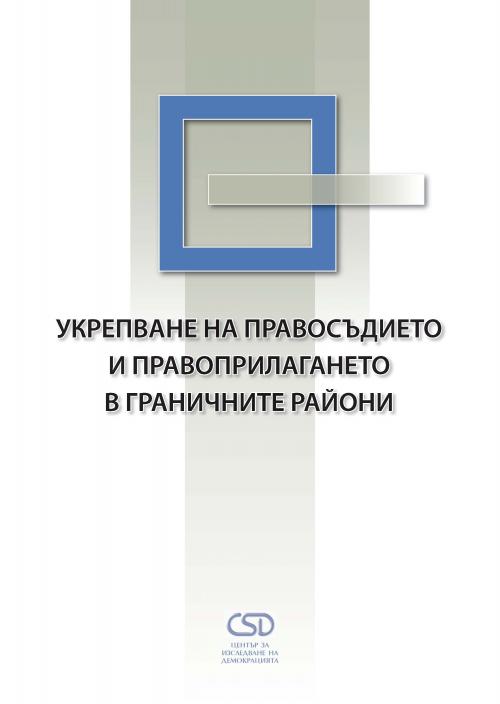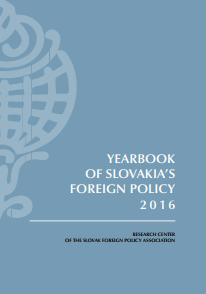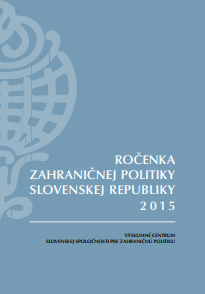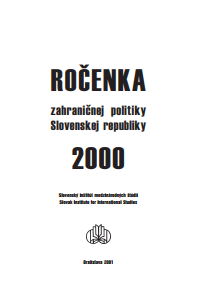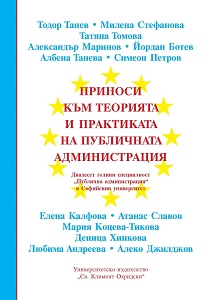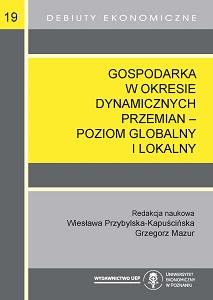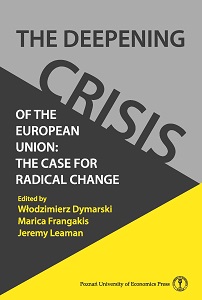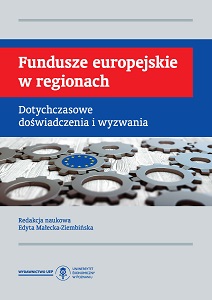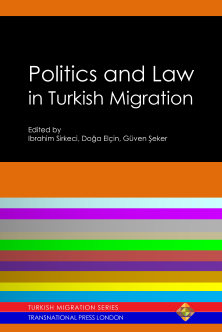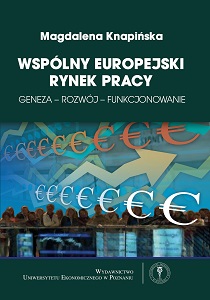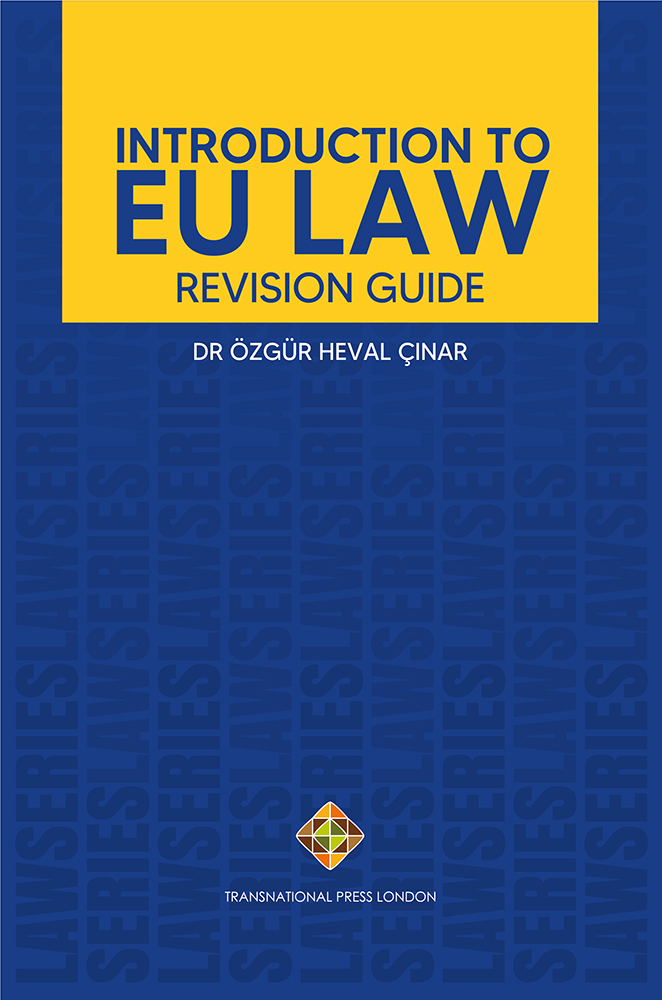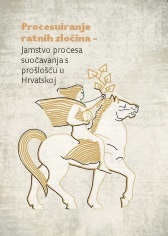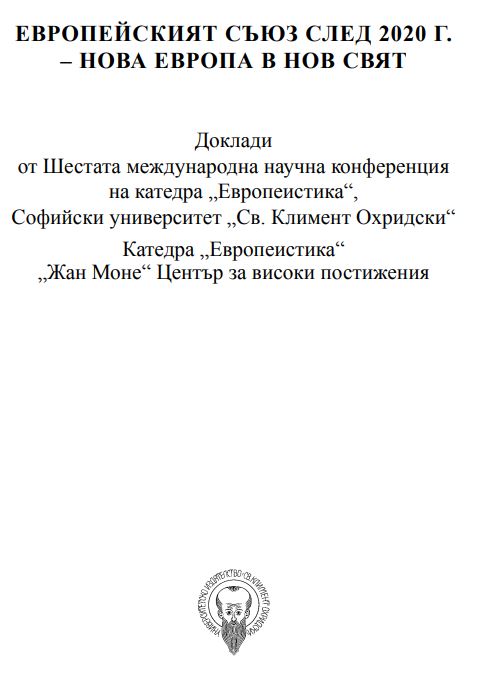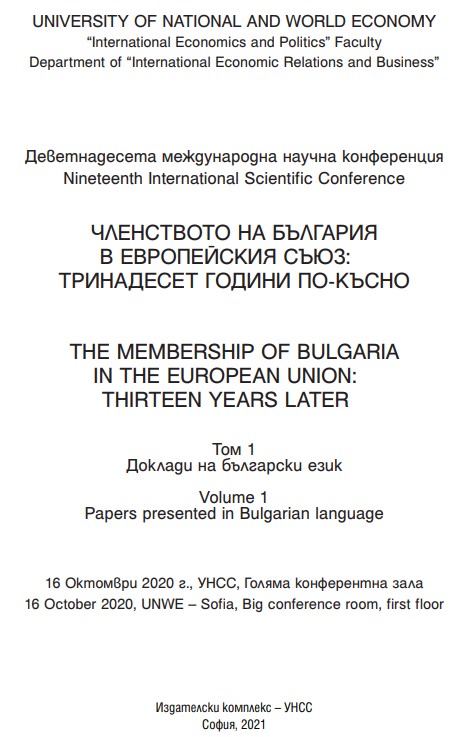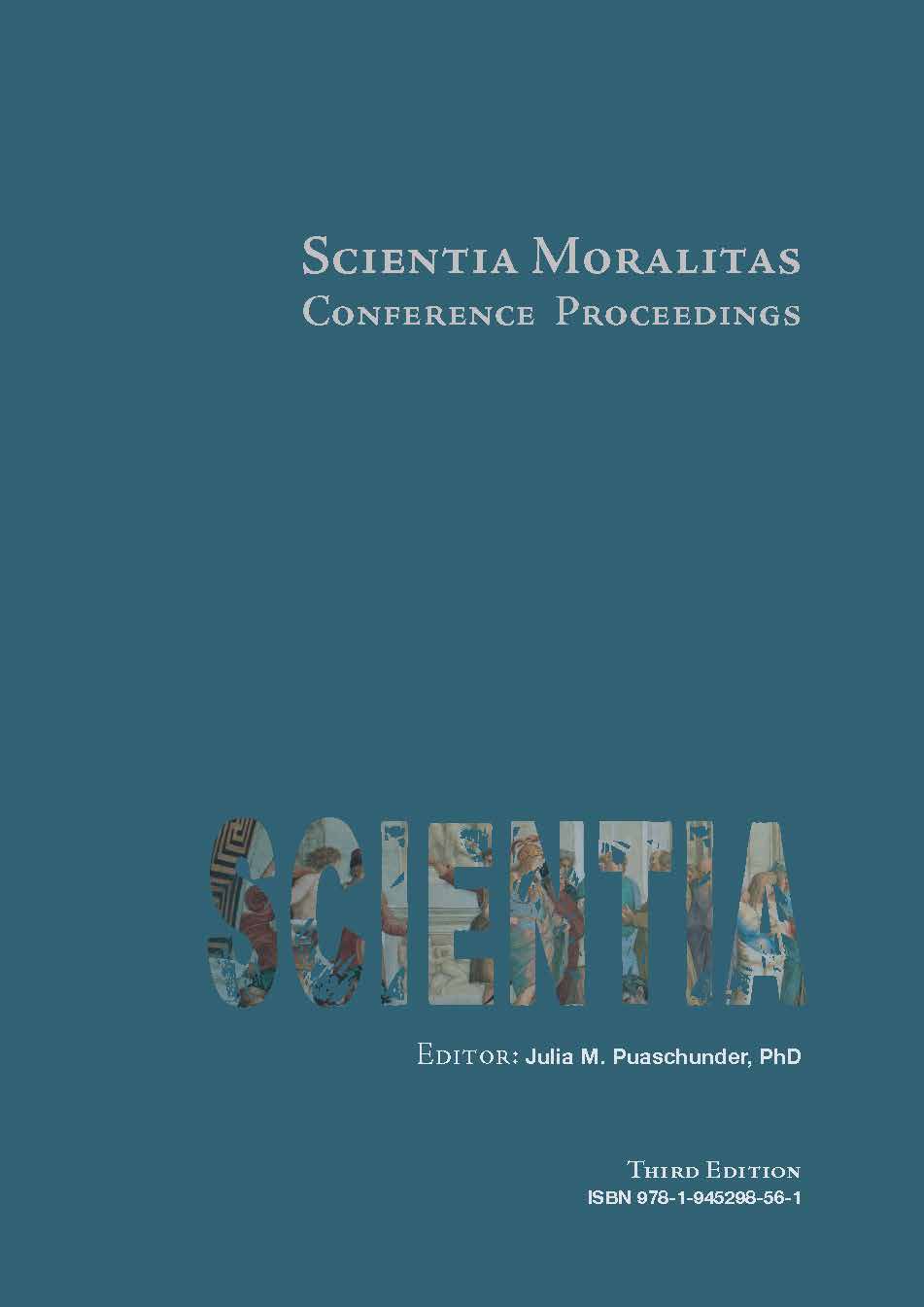Author(s): / Language(s): English
A year ago I wrote in the foreword to the 2015 Yearbook that with respect to international affairs (and hence Slovak foreign policy), 2016 would not be any easier than 2015, and might be even more difficult. This has proven to be not far from the truth, in various aspects of foreign policy. Within the European Union we once again witnessed the sight of terrorism costing many lives. Internationally, ongoing wars – both far from and near to the EU neighborhood – brought more tension and instability to international relations. The EU itself faced its own internal struggles and challenges. Certainly the most consequential issue was the United Kingdom referendum, and their “yes” on the “Leave” vote. This is an unprecedented situation, whose end is still open and uncertain. Disagreements and misunderstandings among member states as to how to deal with the migration crisis continued, not to mention the ongoing ambiguity regarding the reform of EU institutions, the requests of Germany and France for a multispeed Europe, and the situation in Turkey, as well as an increase in general support among populations for populist leaders – for politicians without solutions that could actually work, or any clear agenda; politicians who, in the case of the UK, were so surprised at their success that they left almost immediately in order not to be held responsible for further developments. For Slovakia, 2016 was an extraordinary year. Not due to the fact that parliamentary elections took place in March, as their impact on Slovakia’s foreign and European policy was negligible. It was extraordinary because the Slovak Republic held its very first Presidency of the Council of the European Union. Slovakia presided during turbulent times, having to deal with issues (and even better with their impact) which no Presidency country has ever had to deal with. One must not forget this context when evaluating our Presidency. The year 2016 has shown us again that we must move fast and be constructive in searching for solutions to the EU’s problems. The EU’s political leaders, as well as its civil society, businesses, and academia – all of them must put an end to competing for the most politically beautiful, and pursue instead expert answers to current issues and problems. All of these matters, and perhaps more, are addressed here in what is now our 18th Yearbook – whether it’s an assessment of our performance in the promotion of our goals and interests in the international environment, an analysis of the actions taken in pursuit of our priority foreign policy goals, or an evaluation of the efficiency and effectiveness of one of the instruments of their implementation. Obviously, the book can only offer its analytical assessments within the natural limits (capacities and financial resources) of a publication of this kind, not able to cover every field and region in which our foreign policy was visible or active. We offer here what we consider the most crucial. As per tradition, the views and opinions of the Foreign Minister are presented first in the Yearbook. In his contribution he presents and assesses various issues and aspects of Slovakia’s foreign policy – which are thoroughly examined by other authors in the book – as well as his opinions on the future of our foreign policy after the Presidency. His piece offers the reader a unique opportunity to see various issues from the angle of the person responsible for implementing foreign policy, as well as from the angle of experts who do not have to take party politics into consideration when writing. As our goal is constructive critical debate and the search for real answers to current challenges, in the following selection of authors you will find mainly experts from NGOs/think-tanks and academia, since we (the editorial board) assume that their distance from the practical implementation of foreign policy (with all the direct and indirect influences involved) might bring a certain added value to their perspective. The expert section of the book opens with an evaluation of Slovakia’s performance in the international environment. The contribution of Zuzana Gabrižová, editor in chief of Euractiv.sk, assessing Slovakia’s performance in 2016 within the EU, serves – as always – as the introductory text for this section. Her piece traces the sequence and milestones that defined those developments relevant both to the Slovak–EU debate and to Slovak actions vis-a-vis the EU. Martin Vlachynský, senior analyst at the Institute of Economic and Social Studies, in his economic analysis of 2016, defines the economic tone of the year as being one played by well-known instruments. The Eurozone financial system, the deficits, quantitative easing, and, of course, the Greek crisis, remained topics of the day. Pavol Szalai, senior editor at Euractiv.sk, focuses on Slovakia’s energy policy, which in 2016 faced a different challenge: to preserve its role as a gas transit country, and resume its role as an electricity exporter. The section focusing on the international environment concludes with an analysis of Slovakia’s security and defense policy in 2016, written by the Slovak Foreign Policy Association’s two security policy analysts, Samuel Goda and Dušan Fischer. The second part of the Yearbook, focused on the priorities of our foreign policy, opens with an article by Tomáš Strážay, head of SFPA’s Central and Southeastern Europe research program. He analyzes Slovakia’s Central European activities during what was the 25th anniversary year of Visegrad cooperation, while focusing also on the future role of the V4 in the EU after Brexit, and on the future of the V4 as such. Slovak involvement in what might be characterized as a turbulent year in the Western Balkans, with its progress shifting from positive hope to negative development, was discussed, as traditionally, by the independent expert Július Lőrincz. The bilateral and multilateral context of our Eastern policy was the main subject of the analysis of Juraj Marušiak from the Institute of Political Science, Slovak Academy of Sciences. He argues that our policy towards the Eastern Europe was largely determined by two things in 2016 – our Council of the EU Presidency and Minister Lajčák’s effort to become the next UN Secretary-General. The third part of the book, devoted to foreign policy instruments, deals with the functioning of our most visible bilateral foreign policy tool – development cooperation. Maroš Čaučík, director of Dobrá novina – the Development Cooperation Program of eRko – an experienced expert as well as practitioner, provides an analysis of the practical fulfillment of our set goals, in his overview of Slovakia’s development assistance activities in 2016. His piece also offers a set of proposals and recommendations for improving the quality and efficiency of Slovak ODA. As usual the expert section is supplemented by appendices, such as a chronology of the most important foreign policy events, a list of international treaties, information on the structure and representatives of state administrative bodies operating within foreign policy, a list of diplomatic missions and representatives of the SR abroad, the diplomatic corps of the SR, information on military missions abroad, etc. I firmly believe that this Yearbook will once again find its readers, and serve all those who are interested in the past, present, and future of Slovakia and her foreign policy. In conclusion, I would like to thank the Ministry of Foreign Affairs of the Slovak Republic for its cooperation in this project and its support, and for the fact that thanks to this cooperation we are able to continue in building this much needed tradition.
More...
